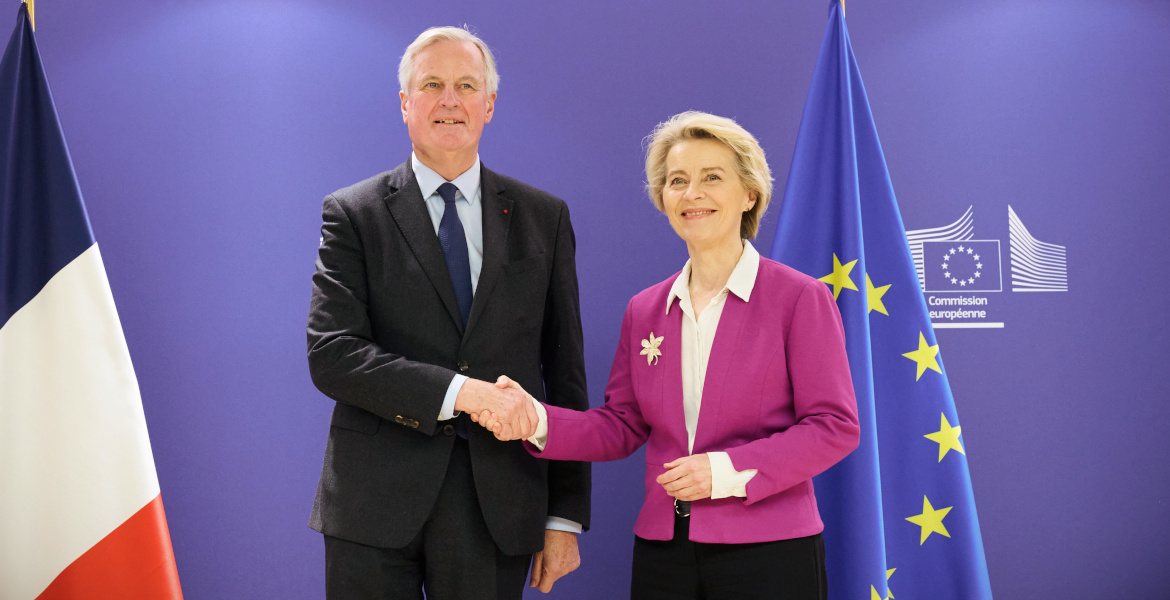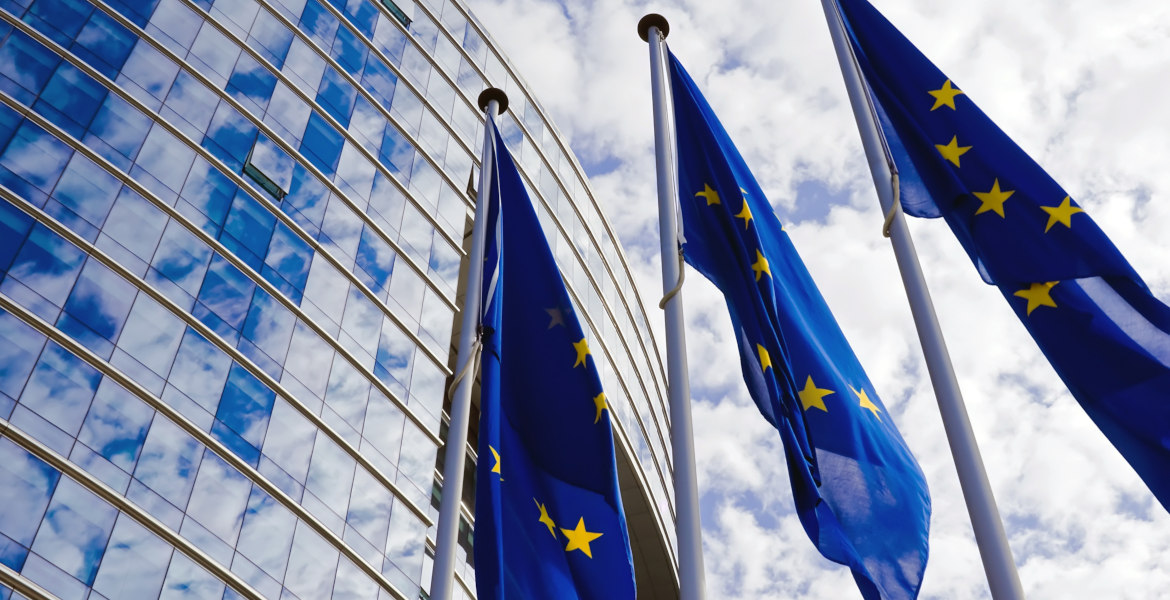The former EU chief Brexit negotiator Michel Barnier sharply criticizes Commission President Ursula von der Leyen in a new book. He accuses her of leading the European Commission in an "authoritarian drift" over the past six years.
Barnier argues that von der Leyen strives to "decide everything" herself and warns of a trend whereby power in the Union is slipping further and further away from citizens.
The book, What I Have Learnt from You, was released on Wednesday and chronicles Barnier's time in Brussels as well as his brief stint as France's prime minister.
According to the Frenchman, during her time as Commission President, von der Leyen has made great efforts to centralize power within the EU and ensure that she herself has maximum influence.
– There isn’t enough listening. There isn’t enough listening to the people, he said in an interview with Politico.
Barnier says that under von der Leyen's rule, Commissioners are increasingly acting as "super technocrats" rather than as political representatives. He highlights over-regulation and the slow progress in integrating EU capital markets as examples of what he sees as major failures.
Sidelined
Although both Barnier and von der Leyen belong to the liberal-conservative EPP group, their relationship has been tense, not least during the final phase of Brexit negotiations in 2020. According to Barnier, he was sidelined by von der Leyen as talks with then UK Prime Minister Boris Johnson entered their final stages.
– I thought it would be normal, after the work I’d done, to be by her side in the last hours. But it was not the case, he said.
He also described how von der Leyen was willing to sacrifice the interests of European fishermen to reach a trade agreement with the UK. Fisheries became, according to Barnier, "a secondary, possibly even marginal" issue for her. To protect fishing rights, he says he had to get French President Emmanuel Macron to threaten a veto if a deal was not reached.
Unlikely presidential candidate
Barnier also writes that von der Leyen completely ignored his resignation from the Commission in 2021.
– Decidedly, we do not have the same concept of work and human relationships.
Michel Barnier is best known in Brussels for his work on Brexit and his recurring slogan "the clock is ticking". He was Prime Minister of France for only three months – the shortest term in modern times. With the launch of the book, his name has started to be mentioned in the French press as a possible, albeit unlikely, candidate in the 2027 presidential elections.
A spokesperson for the European Commission has declined to comment on the allegations.




